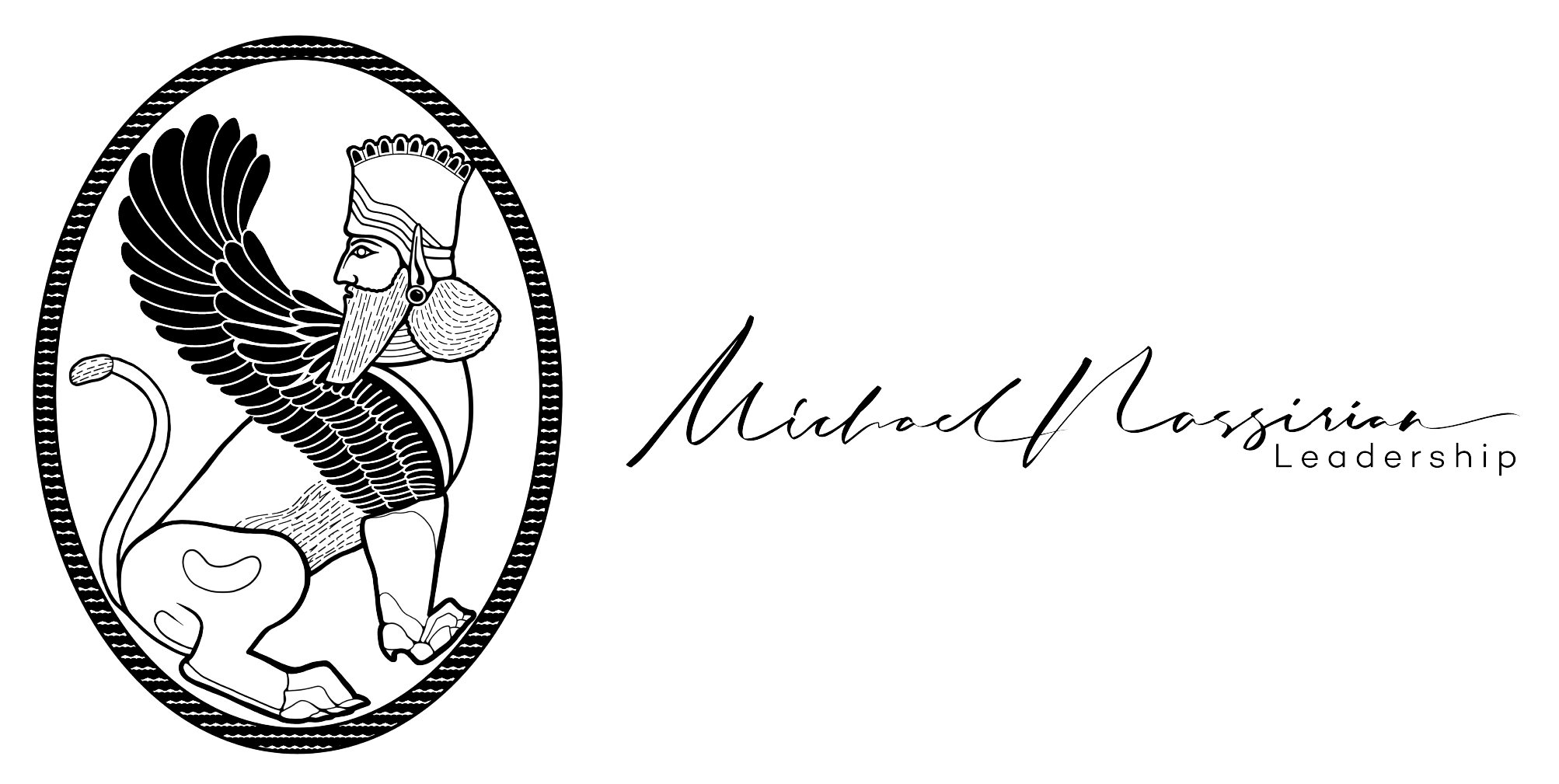When we look at the corporate reforms during the COVID-19 pandemic, we see that not just the corporate leadership but employee experience, company culture, and work experience have also changed – that too, overnight. Workforces went remote, and several travel restrictions were imposed on humans. Nevertheless, as mentioned in Michael Nassirian’s book, it is not the first corporate revolution. Previous events such as 911 and 2000 Technology Bubble reformed the workplace structure in different ways than current pandemic. The need for time is, to begin with, corporate leadership reformation.
The paramount is morale support, conflict resolution, team collaboration, and above all, creating and maintaining a work-life balance. Nassirian quotes in his book that work-life balance is something that is most argued in the literature. However, it is the least-practiced value in real life.
The section below shows how a change in strategy and organizational culture can help reform the corporate culture.
Leaders Must Maintain a Sense of Perspective
We know that leadership’s goal in this situation is to keep businesses running while essentially reducing loss. From shaping the corporate vision to making fact-based decisions, a corporate leader is responsible for ensuring and striking an optimal balance between things. More than all other leadership virtues, trustworthiness, accountability, sensitivity, courage, and intelligence are the traits that can keep corporate leadership optimized. By paying attention, corporate leaders can easily handle the human dimensions of crisis handling, and thus, they can regain control, reduce the intensity of the crisis, and prevent business losses.
Virtual Is the New Physical
Corporate leaders need to understand that working virtually is the new physical. However, if an employee is working from home, it does not mean that they will give you any more hours other than their shift. Being the leader, it is your responsibility to ensure that you do not expect your employees to serve more hours in a day than the decided shift hours. While your employees are on their route to success, it does not mean that they necessarily have to get distant from their friends and family while completely ignoring their health.
Times like these come to test the true potential of a company’s culture and leadership morale. It is corporate leaders’ responsibility to stay positive and be empathetic with the people they work with by building valuable relationships and understanding them.
Final Word
It has been argued in Nassirian’s book, “I’m Tired – How to survive and succeed in Corporate America,” that suffering is one’s choice because it is inevitable. Thus, while moving on a path to success, you do not have to distance yourself from your loved ones and ignore your health. It is the responsibility of corporate leaders to try and not lose on the true gifts of the crises. Michael Nassirian quotes in his book that times like these truly build and strengthen your bond with your people. If you want to gain more insights on this topic, read Nassirian’s book, “I’m Tired – How to survive and succeed in Corporate America,” or contact him directly through his website.

